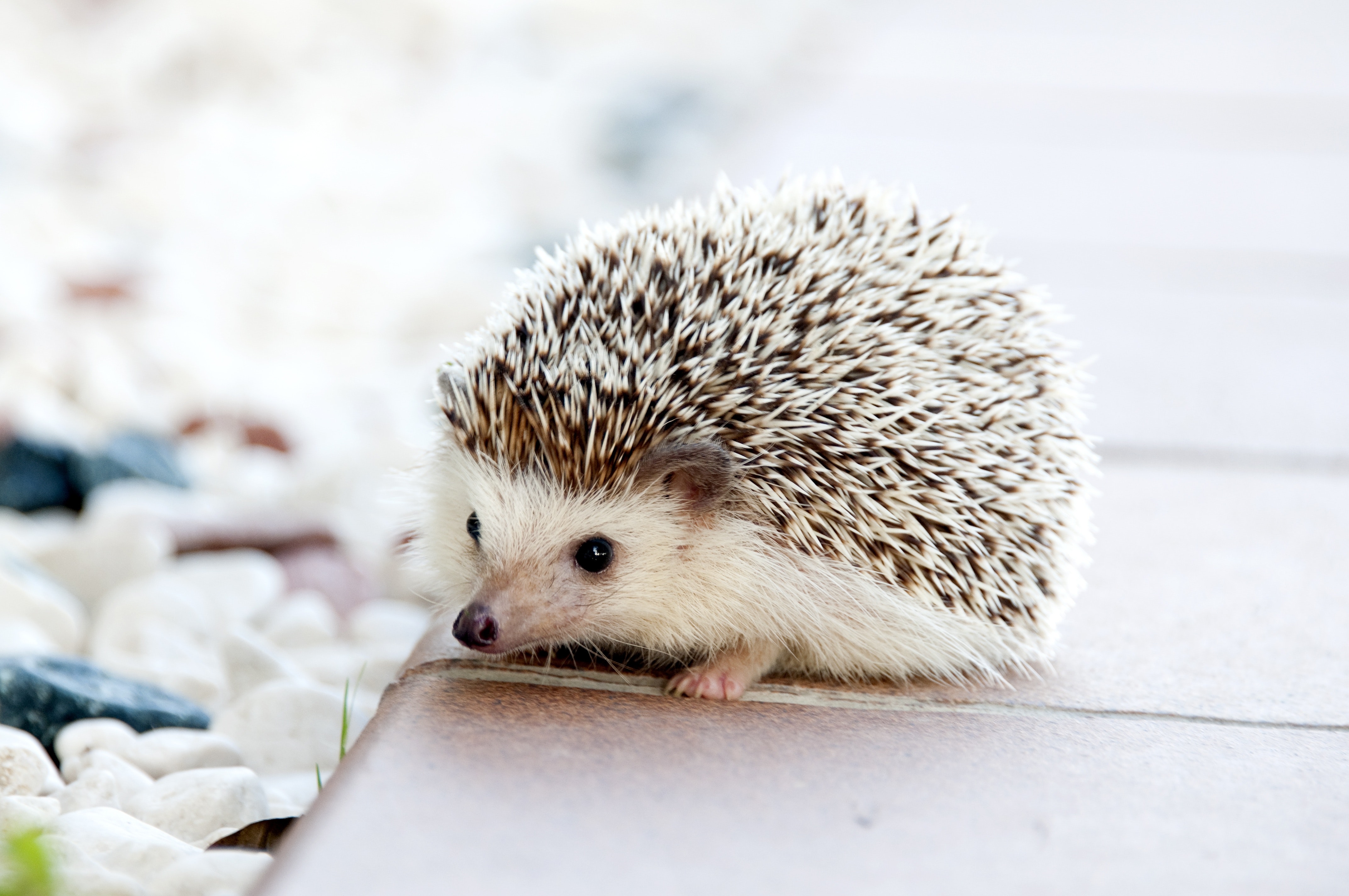
Regional/Local
Advocates urge lawmakers to expand funding for MN farmer mental health
Last week, farm advocates, families affected by farmer suicide, and mental health counselors called on Minnesota lawmakers in the House Agriculture, Food Finance, and Policy Committee to fast-track three funding bills for farmer support resources. The bills would provide $150,000 in additional funding through June 2019 for state mental health programs, including training for additional mental health counselors. The bills would also triple the funding for the next two years.
Advocates say the need for this additional funding is critical to increase free counseling services for farmers and their families. For the fifth year in a row, Minnesota farmers have experienced inclement weather, low harvest yields, low commodity prices, and tariff challenges.
The Minnesota Department of Agriculture’s network of farm advocates help people talk through financial stresses and mental health crises. MDA’s advocates also train law enforcement, farm organizations, and clergy to recognize and respond to mental health crises.
National
CDC warns pet owners to stop snuggling their hedgehogs
The Centers for Disease Control and Prevention are investigating a multistate Salmonella Typhimurium outbreak associated with handling pet hedgehogs. Since October, 11 people in eight states have become infected. Ten of the cases reported direct contact with pet hedgehogs, one person has been hospitalized, and no deaths have been reported.
Although Salmonella may live naturally in hedgehog intestines, hedgehogs may pick up Salmonella from contaminated food, including raw food, commercial pet food, or produce. Hedgehogs are often asymptomatic, but can still spread the bacteria through their droppings and contaminate their toys and bedding. Humans can become infected when cleaning toys and enclosures, or when handling the animals themselves.
CDC recommends against kissing or snuggling pet hedgehogs who may transmit Salmonella directly from their quills or coats to people’s faces and mouths. CDC also recommends washing hands after handling hedgehogs, good cage hygiene, and avoiding bringing the animals into rooms where food is prepared or consumed. Pet owners at highest risk include infants, children 5 years of age or younger, people 65 years of age or older, and immunocompromised people.
International
Australia’s weeks-long heat wave a One Health issue
Following separate heat waves in November and December, Australia’s January weeks-long heat wave has impacted human and animal health and put its land and rivers in jeopardy. Alice Springs in the Northern Territory has experienced 14 consecutive days above 107 degrees F. Temperatures in Adelaide in South Australia have reached 118 degrees F.
Humans and animals are both suffering from dehydration and other heat-related illnesses. Australia’s State Emergency Service declared the heat wave a threat to public safety following increased demand for ambulances and heavy pressures on the electrical grid to account for higher air conditioning demands.
Ninety wild horses in Alice Springs died of dehydration and 50 more were euthanized due to starvation and dehydration. In November’s heat wave, one-third of Australia’s spectacled flying foxes died and millions of fish died in New South Wales. The heat has also affected flying fox behavior, bringing them closer to cities and increasing the risk of bites and disease transmission.
More than 50 fires have broken out across Tasmania and fire advisories are in effect on the mainland due to strong winds and dry lightning. The Bureau of Meteorology blames climate change for these extreme conditions and projects that these conditions will only continue to worsen. The Bureau also highlights the lack of infrastructure to prepare for these changing conditions.
